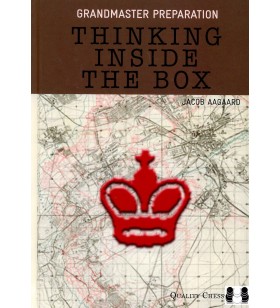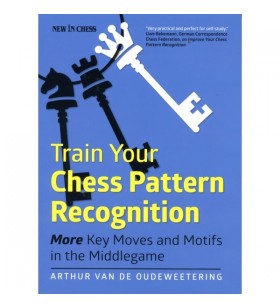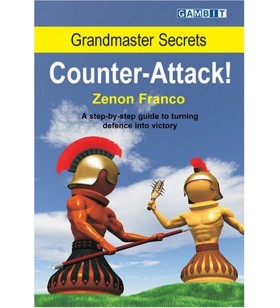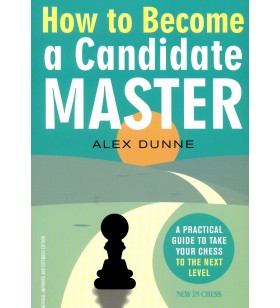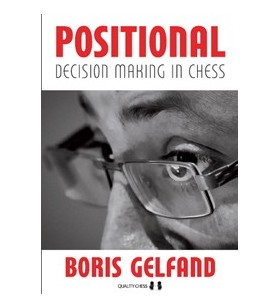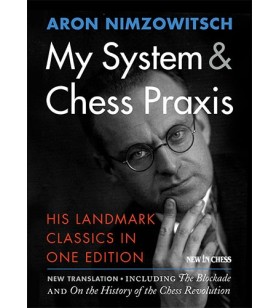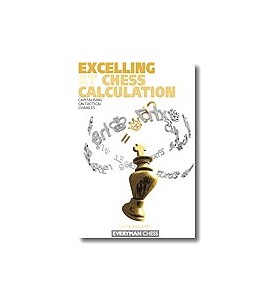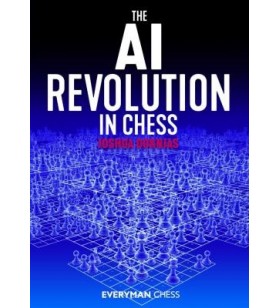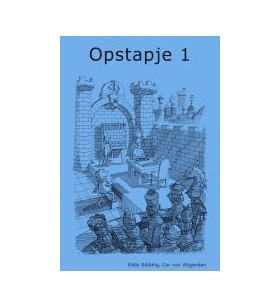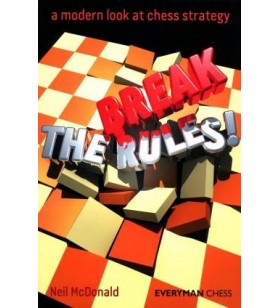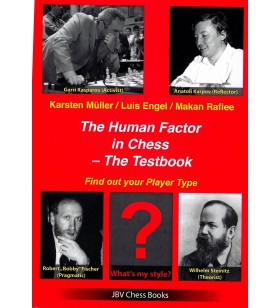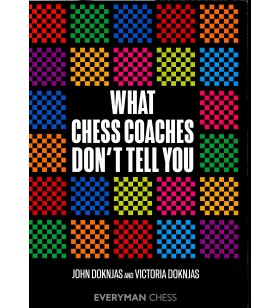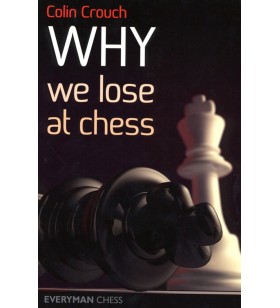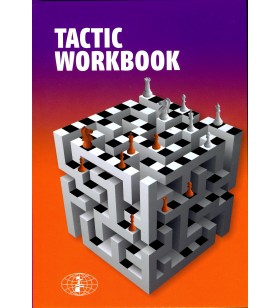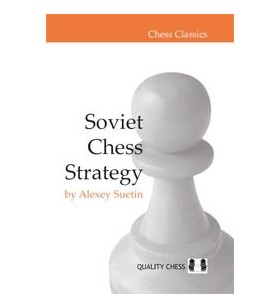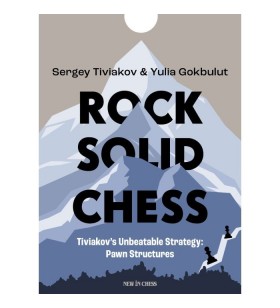- SCHAAK
- DENKSPELLEN
- GO
- BRIDGE, TAROT & KAARTEN
- POKER & CASINO
- PUZZLES & BRAINBREKERS
- DARTS
DUNNINGTON - Gambit Play
 Livraison sous 48 heures via Bpost*
Livraison sous 48 heures via Bpost*
Gratis levering vanaf €69 (België, Frankrijk, Nederland, Luxemburg, Duitsland)
 U kunt uw bestelling annuleren
U kunt uw bestelling annuleren
Veertien dagen lang!
 Beveiligde betalingen
Beveiligde betalingen
Alle betaalkaarten geaccepteerd.
Specifieke referenties
16 ander product
FRANCO - Counterattack !
Titre moyennement explicite : on sait bien ce qu'est une contre-attaque dans le domaine sportif, mais c'est moins évident aux échecs. En fait, le livre nous parle plutôt de défense active et d'opportunités à savoir saisir (les titres des chapitres sont, eux, éloquents : Rendre coup pour coup, réfuter les attaques prématurées, pensée prophylactique, regroupement, simplification) La forme est identique aux précédents opus du GMI paraguayen : un choix de parties commentées en détail, sans beaucoup d'effort de synthèse. Bah, on ne peut pas tout avoir !
Opstapje 1
Het werkboek Stap 1 wordt ook veel gebruikt voor heel jonge kinderen. Dat gaat wel maar het is verre van ideaal. Niet vreemd omdat de stapppenmethode destijds in 1987 opgezet is voor kinderen van 9 jaar en ouder.De trend is dat kinderen op steeds jonger
Mc Donald - Break the Rules
Ca, c'est un conseil ! Reste juste à savoir lesquelles - et comment En fait, cet assez bref opuscule nous cause de l'usage moderne du pion passé, des coups de pions anti-positionnels, des pièces à la bande ou encore des retards de développement qu'acceptent parfois les champions modernes - entre autres Magnus Carlsen, très bien représenté ici. A lire, en complément bien sûr des deux bouquins de Watson (SOMCS et CSA) qui abordaient déjà ces questions
Muller/Engel/Rafiee The human factor in chess - The Testbook
This approach is intended to enable the reader to assign himself to one of the player types and find out whether he belongs to the activists or rather to the pragmatists, theorists or reflectors. The result allows to draw conclusions in order to further expand the individual strengths or to develop a more universal playing style overall.
Because even if you usually win thanks to your strengths, it makes sense to work on your own weaknesses as well. Of course, if there is only one move in a position, you should be able to find it. Playstyles are especially important in positions where you have a great choice. However, they also play a role when you choose the type of position, which you should strive for based on your style.
Interestingly, a playstyle can also be imitated, which may even be the appropriate strategy against certain opponents. For example, certain characteristics stand out clearly in activists, and being able to adjust to them as an opponent is of course very valuable. A good example is Kramnik's win over activist Kasparov (at the London 2000 world championship match). Since Kramnik always managed to steer the game in the direction appropriate to his style, his big opponent never had the chance to demonstrate his own strengths in positions with attack and initiative.
While 'The Human Factor' was about a clear distinction of the four playing styles, this book aims to emphasize the universality of each player. After solving the tasks tailored to the four player types, it becomes clear how your own competencies are distributed. Accordingly, GM Vincent Keymer states in his foreword:
"Even if the further development of one's own player personality to a universal player who unites all player types may remain a utopia, it's still worth pursuing."
Doknjas - What chess coaches don't tell you
Are you a parent of a junior chess player who feels that because you don’t know how to play chess, you can’t help your child? Or are you an adult or junior chess player who has taken private chess lessons for years, but feels you haven’t been progressing?
In both cases, there can be a lot of reliance on a chess coach who has been given free rein with lesson content and direction. They probably have some sort of plan but it is likely to be a plan used for all their students. This is not ideal. More important is a well-thought out, individualized plan, that focuses on a specific player’s unique strengths and weaknesses. Formulating such a plan is crucial for making improvements.
Victoria Doknjas and her son John Doknjas are an ideal writing partnership to tackle this topic. John is a FIDE Master who has already established himself as an excellent and highly-respected author who understands the improvement process very well. Victoria has over a decade of experience navigating the competitive chess arena with her three master-level sons, including also running her own chess academy. Together they offer a unique and informative insight to those wanting to get more out of their chess studies, as well as presenting practical advice in areas including:
- Identifying important goals and how to work towards them.
- Understanding how to objectively analyse your games.
- Maximising the efficiency of software and engines for learning.
Reading this book can broaden your horizons in the essential areas of chess study, and ideally let you better evaluate what your chess coach is teaching you. And if you don’t have a chess coach, this book will provide you with an excellent foundation for serious chess study.
384 pages

 Français
Français Nederlands
Nederlands English
English
